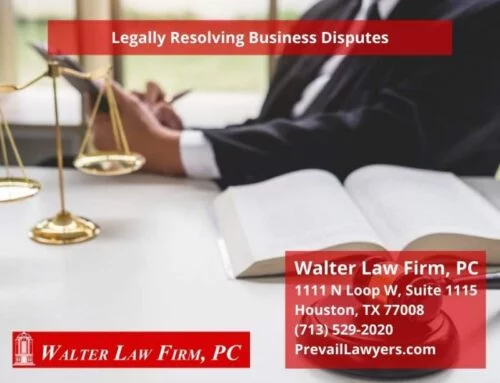Probate is the legal process by which property belonging to a deceased person is transferred to
their heirs. Most property can be transferred by will, but if there is no will, the decedent’s
property transfers by the laws of intestacy, which vary from state to state. In order to determine
whether you need a will, you must first consider what property you have, and what will happen
to that property when you die without a will. If the intestacy statutes will transfer your property
the way you want, and you have no minor children for whom you need to provide a guardian, your
heirs may be fine even if you don’t have a will. (There’s a pie chart which describes who inherits
property in Texas if you die without a will, here:
https://probatecrt1.harriscountytx.gov/Documents/DescentDistribute.pdf )
Real estate is the most significant property owned by most people, but frequently those that own
real estate die without a will, resulting in issues with the title to the house, often by multiple heirs,
which almost always results in conflict and expense which could have been avoided. These
problems only increase with time if there is no probate of the decedent’s estate at the time of
death.
For example, assume a husband and wife are married, with two grown children and a house. If
when the husband dies without a will, if the house is community property (acquired during the
marriage), the house passes to the wife, which is usually what is intended. However, without going
through an heirship proceeding, the wife may be unable to sell the property later, because there
have been no determination by the court as to who the heirs are. It’s not unusual for an heir to
simply regard the house as theirs, but that is not sufficient to be able to sell the house. (And
someone down the line will need to sell the property eventually.) The title insurance company
may accept an heirship affidavit at closing, or may not. If not, the wife will probably run into
delays, unanticipated expenses, and a loss of the potential buyer while her ownership of the house
is confirmed.
But let’s say the wife never intends to sell the house, and just continues to live in it until her death
15 years later. Now, in order to sell the house and receive any cash from mom’s estate, the
children are forced to have an heirship proceeding first for dad’s estate, and then for mom’s
estate, too. And with a larger family, multiple births, deaths, marriages, and children in the
intervening years, determining title to the house can quickly become complicated. More
complicated means more time consuming and expensive to fix, in order to allow anyone to sell the
house.
The problems don’t end there. Even with only two children and no other births or deaths, it’s not
unusual for one of the children being living in the house – rent free, of course – making it
impossible for the other to obtain any benefit from the property. Then when the child living rent
free fails to pay the property taxes, the house is lost to both of them, or the child not living in the
house has to foot the tax bill without receiving any benefit. In order to make use of the property,
it may be necessary for the child paying the bills to sue for partition of the property, to confirm the
ownership percentages, require a sale of the house, and division of the proceeds.
Now let’s assume that the child living in the property has had one or more marriages, two children
of their own, one stepchild, and also dies without a will, leaving the stepchild living in the house.
You can be sure that whoever is living in the property for free will not be willing to move out to
allow a sale of the house, and if they acknowledge that their relatives own part of the house, they
may intentionally allow the property to deteriorate by failing to perform necessary repairs. Now,
the other partial owner(s) have a difficult choice to make – either spend significant money to
determine title to the property and obtain a court order for sale, or simply let the property be lost
to taxes and/or deferred maintenance. I know of cases in which more than 50 heirs were required
to sue the one living on the property for free in order to get the property sold.
The simplest way to avoid these issues for your heirs is to have a proper will prepared, and
preferably award the house to one of the heirs. The interests of the other heirs can be protected
by requiring a sale of the property, by giving them other assets of the estate, or by purchasing life
insurance. In addition, the heirs should take prompt action to probate the will or start an heirship
proceeding (if there is no will) so that the property can be sold when necessary.
If you have questions about your property title, contact your favorite lawyer, because It feels Good
to Prevail!






